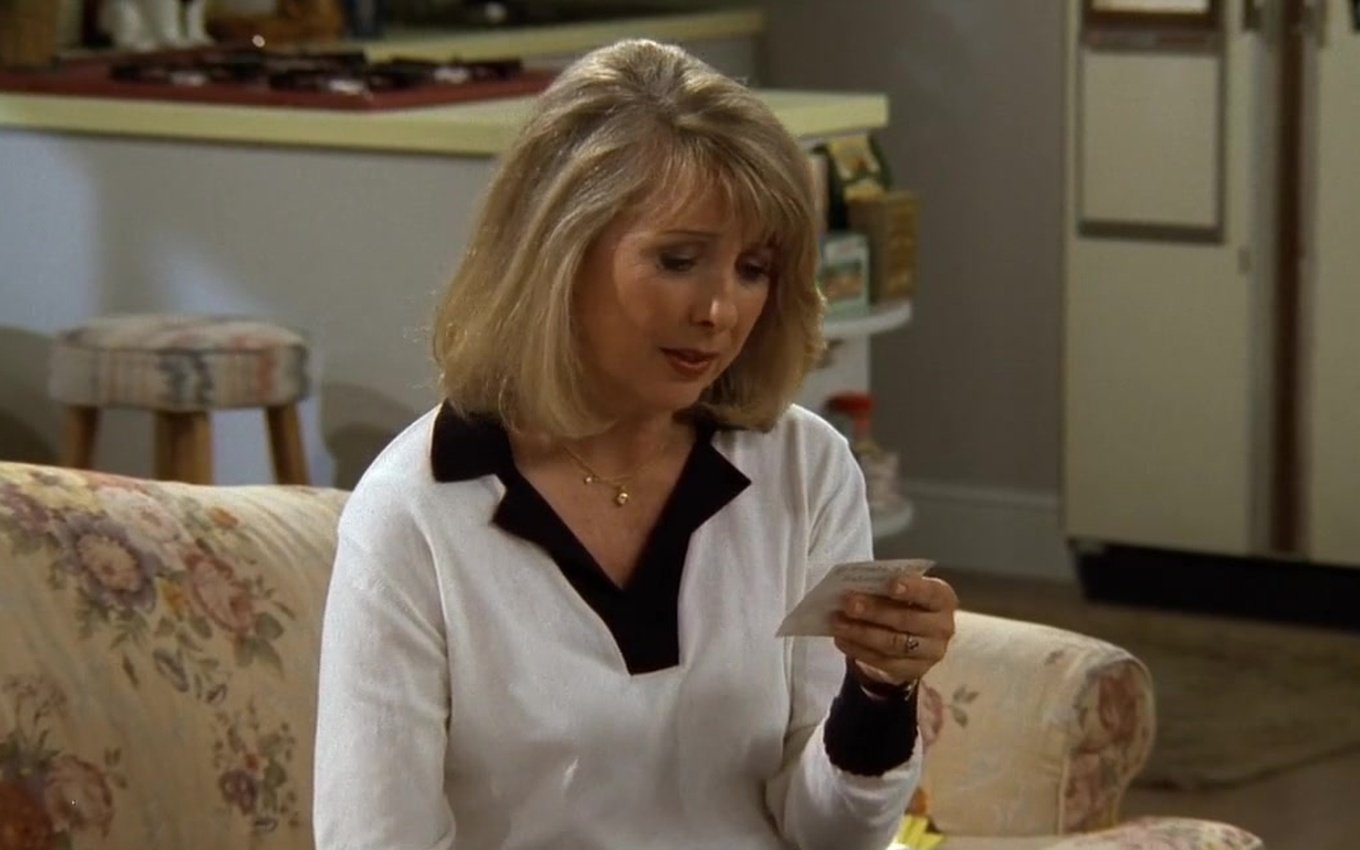[ad_1]

Comedian Teri Garr died this Tuesday (29), aged 79. She was nominated for Oscar 1983 supporting actress award for her work in the film Tootsie (1982), with Dustin Hoffman and Jessica Lange, and also appeared in three episodes of Friends (1994-2004) as Phoebe Abott, biological mother of Phoebe Buffay (Lisa Kudrow).
Teri was born with entertainment in her blood: her father, Eddie Garr (1900-1956), was a Broadway star; his mother, Phyllis Garr (1909-1999), was a dancer and later worked as a film costume designer.
The actress began her career dancing as an extra in films starring Elvis Presley (1935-1977), but her aptitude for comedy quickly took over. In 1974, she stole the show as Inga, the assistant to Doctor Frankenstein (Gene Wilder) in Young Frankenstein.
As a prominent comedian, she performed the comedy classic three times Saturday Night Live (in 1980, 1983 and 1985) and also made frequent appearances on talk show by Johnny Carson (1925-2005), who served as inspiration for Jo Soares (1938-2022) not Brazil.
Teri also acted in the science fiction film Close Encounters of the Third Kind (1977), directed by a young man Steven Spielbergand played Sandy Lester in Tootsie, which earned her her only Oscar nomination — she was beaten by Jessica Lange, her co-star in the film.
In the 1990s, the actress participated in features such as The Player (1992), Débi and Loide (1994), Gasparzinho and Wendy (1998) and Todas as Garotas do Presidente (1999). Women comedians like Tina Fey have already said that they were inspired by Teri Garr to make a career in humor.
In 2002, she revealed that she had been diagnosed with multiple sclerosis years earlier and stayed away almost completely from the spotlight, only playing small roles or lending her voice to animations.
Six years later, she said that she could no longer bear playing the suffering wife, like the one she had played in A Housewife by Chance (1983). “People are afraid of smart, funny women, so writers don’t write characters like that,” she told The AV Club.
“They only write roles for women in which they can be crushed by men, in which other characters can step on them. Those are the types of roles I play because they are the roles that come to me.”
[ad_2]
Source link